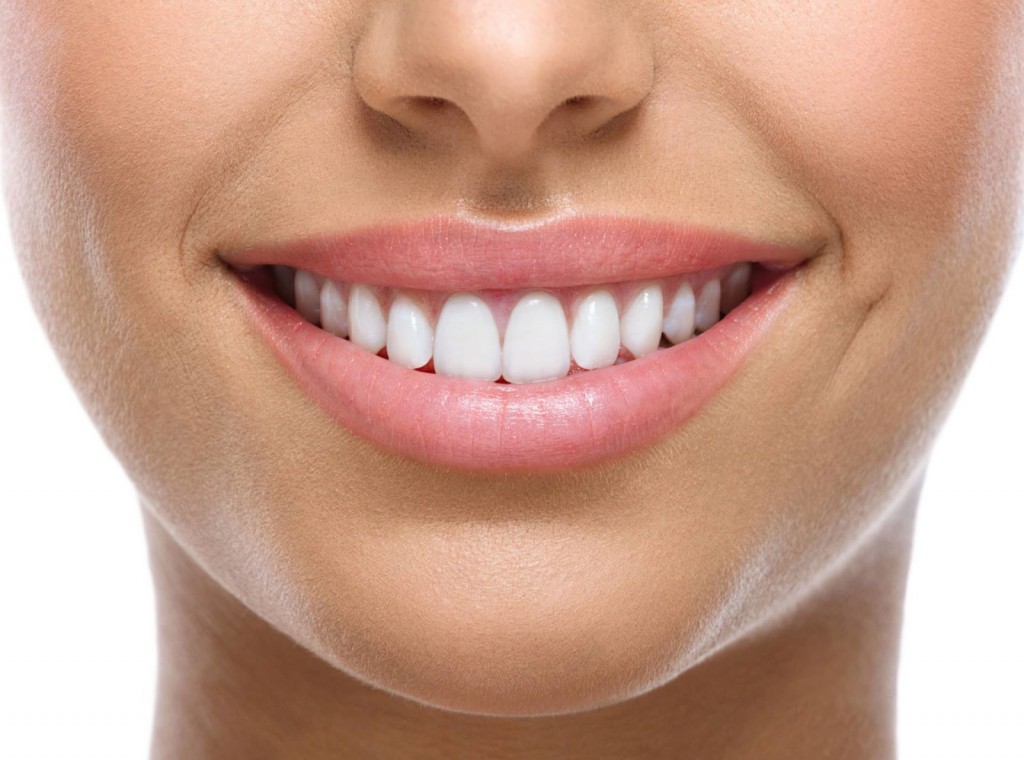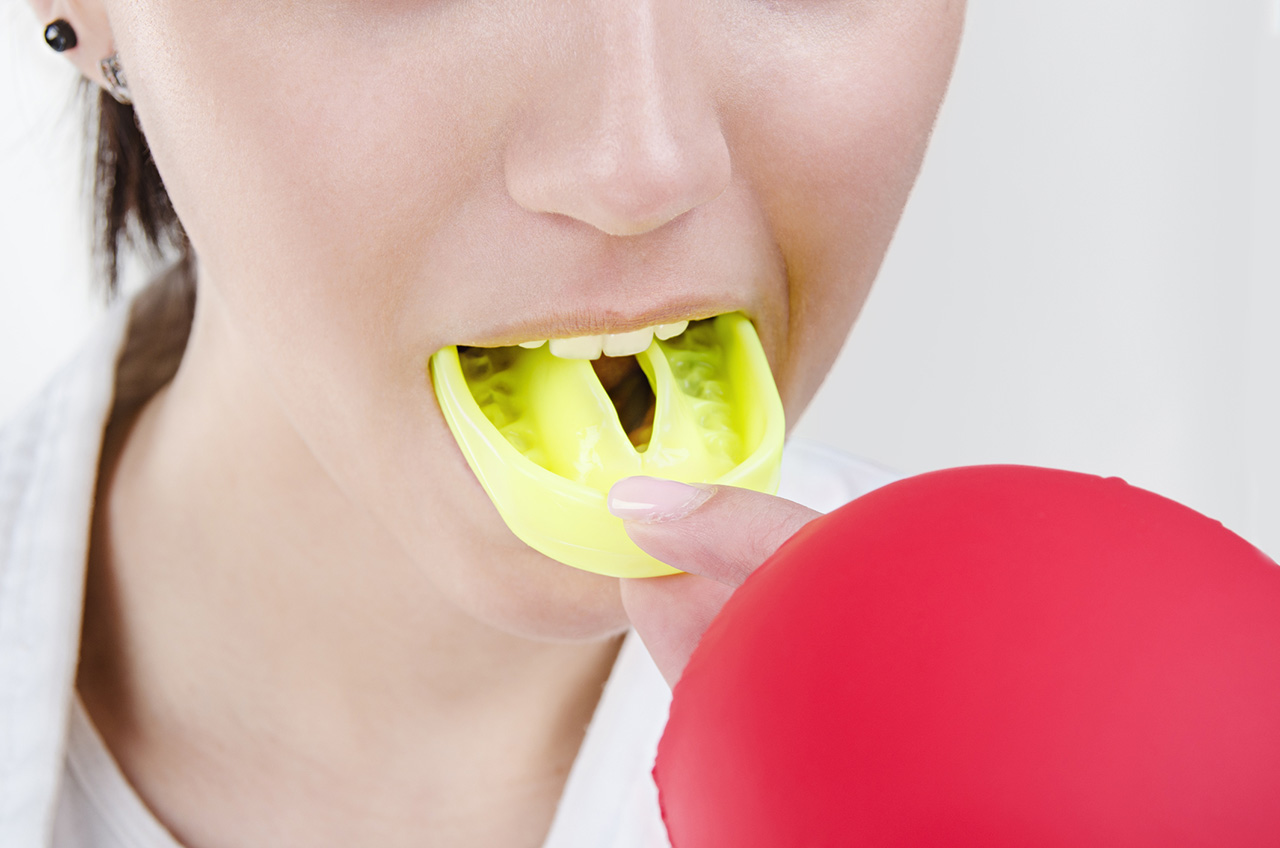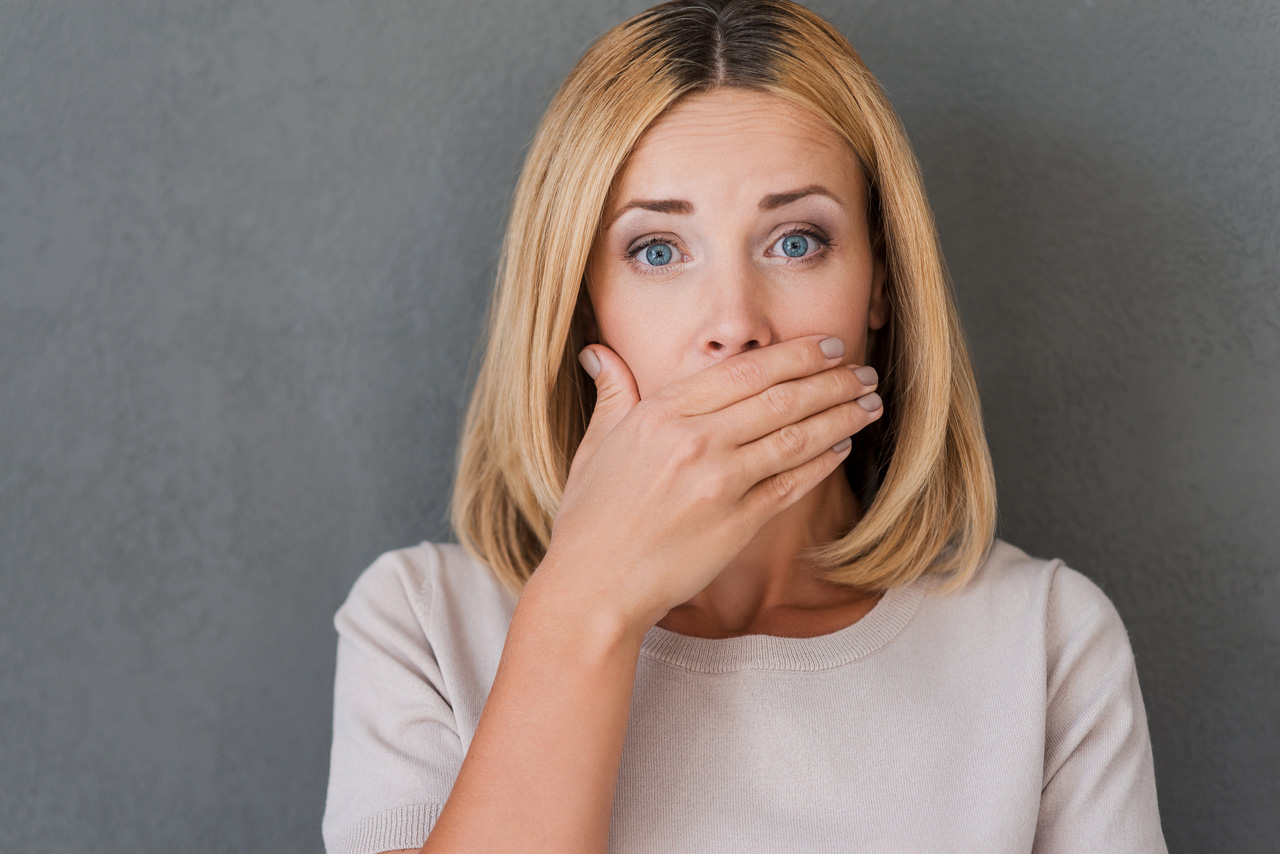What are cold sores and how can I get rid of them?
Cold sores are a type of blister that occurs on the lips and around the mouth. They’re common and usually nothing to worry about, and they normally go away on their own. However, if you’ve got an important event coming up – like a wedding, for example – then you’re probably looking for a way to get rid of your cold sore quickly. So, in this post, we’ll discuss some of the ways you can get rid of your cold sores faster.
What are cold sores?
First, let’s discuss what cold sores actually are. Cold sores (also known as fever blisters) are clusters of tiny blisters that appear on and around the lips. The cause is a virus called herpes simplex virus type 1 (or just HSV-1 for short). Most people are actually already infected by this virus, but the virus lays dormant most of the time. Occasionally, and especially during periods of stress, the virus will activate and cause a cold sore.
You can tell a cold sore is coming because of early warning signs like redness, burning, swelling and tingling of your lips or around your mouth. A day or two after the first sign, tiny blisters will start to appear (these are what are called fever blisters). These blisters eventually pop to form what are known as cold sores. Finally, the sores will crust over and heal.
How can I get rid of a cold sore?
Here are a few things you can do to get rid of a cold sore fast:
- Use a cold, damp cloth. A good way to make your cold sore heal faster is to apply a cool, damp cloth to the affected area. This will also help make the sore less red and crusty.
- Apply ice. If you don’t have a cold sore yet but you can feel one coming on, then try applying ice to the affected area. With a bit of luck, it will prevent a cold sore from appearing.
- Apply ointment. If you want to get rid of that cold sore fast, then try an ointment. You can get a cold sore ointment over-the-counter at most pharmacies. Apply the ointment frequently and it should help to make the cold sore go away faster.
- Use antiviral medications. Certain antiviral medications can make a cold sore disappear quickly. These medications include famciclovir and acyclovir. However, they’re not available over-the-counter, which means you’ll have to get a prescription from your doctor or dentist. Also, keep in mind that these medications are more effective when taken before a cold sore has appeared. So, keep an eye out for the early signs of cold sores and get a prescription quickly.
How to avoid cold sores in the first place
Once you’re infected with HSV-1 (and unfortunately, most people already are), you’ll probably suffer from occasional cold sores for the rest of your life. However, there are a few things you can do to minimise the risk of outbreaks.
- Reduce stress. Cold sore outbreaks are often triggered by periods of stress. So have a cup of tea, meditate, take time off work – whatever you need to do to reduce your stress levels.
- Use sunscreen. There’s evidence that people can reduce their risk of cold sores by applying sunscreen around their lips.
- Take antiviral medications. If you suffer from cold sores all the time, your doctor might give you a regular prescription you with an antiviral medication to help prevent further outbreaks.
Posted in: Uncategorized
Leave a Comment (0) →








 Do you play contact sports such as football, rugby, boxing or basketball? These sports are intensely physical and unfortunately injuries are quite common, especially injuries to the teeth. Luckily, there’s something you can wear to protect your gnashers: a mouth guard.
Do you play contact sports such as football, rugby, boxing or basketball? These sports are intensely physical and unfortunately injuries are quite common, especially injuries to the teeth. Luckily, there’s something you can wear to protect your gnashers: a mouth guard.
